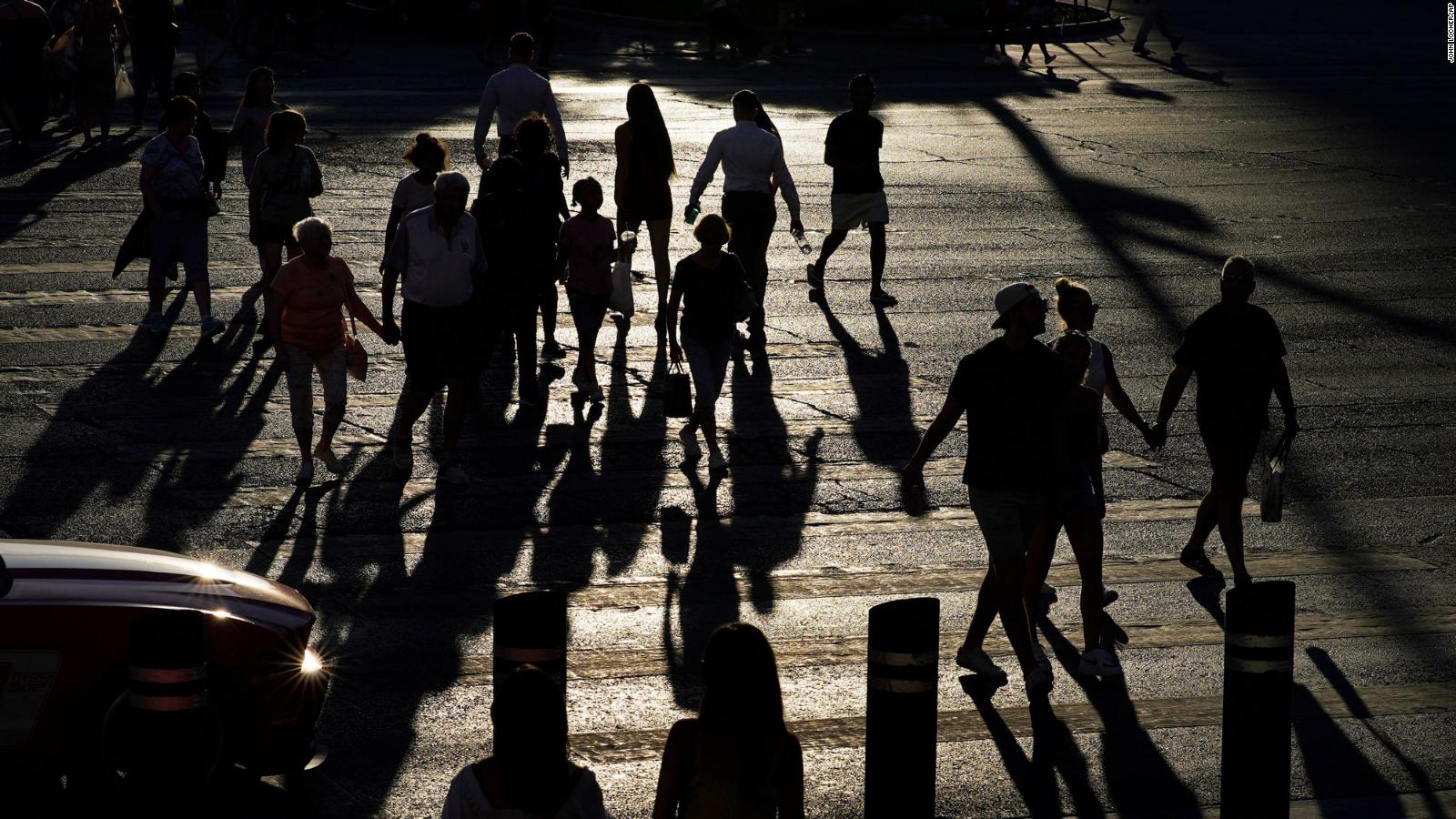"We don't exactly know what the herd immunity percentage would be for Covid-19. It would be different for the Delta variant, and higher, because it is more transmissible," Dr. Rachel Levine told CNN's Ana Cabrera on Friday.
"But we know ... that people who are vaccinated are protected against this Delta variant. And they're extremely unlikely to get sick and it's virtually impossible for them to require hospitalizations," said Levine, who is the assistant secretary at the US Department of Health and Human Services.
Herd immunity is the point where a virus can no longer infect people because enough people already have it or are vaccinated against it.
Estimates vary on how much of the population needs to have immunity to reach that goal. Dr. Anthony Fauci, head of the National Institute of Allergy and Infectious Diseases, has said herd immunity might be reached if 70-85% of people are immune.
Variant accounting for greater percentage of cases in some states
The Delta variant, which was first seen in India, can infect people more easily and causes even more severe illnesses.
In California, where about half of the state's 40 million population is vaccinated, Covid-19 cases are rising, with the Delta variant accounting for 36% of all new cases, according to officials.
"The most important thing we can do to stop the spread of COVID-19, and the variants, is ensure everyone who is eligible gets vaccinated," said Dr. Tomás Aragón, California's public health officer.
On Monday, Los Angeles County recommended that people wear masks in indoor public spaces even if vaccinated and, on Friday, the city and county of St. Louis, Missouri, did the same. Both jurisdictions made the recommendations because of the spread of the variant.
"As we monitor the Delta variant, we are seeing that it's spreading fast, and data shows it is more infectious and impacting younger segments of the population," said Dr. Fredrick Echols, the acting director of the City of St. Louis Department of Health, in a news release.
CNN analyst Dr. Leana Wen told CNN on Friday that the states with the lowest vaccination rates are seeing an even higher percentage of the Delta variant in new cases.
"In the five states with the highest rate of Covid-19 spread, the Delta variant is more than 50% of the cases there. Arkansas is 50%. Utah 60%. Missouri is 70%." Wen said. "I think we have to keep in mind, too, the statistics of who is getting ill. By and large, it is unvaccinated people."
Where US states stand in vaccinations
As of Friday, 47.1% of the total US population was fully vaccinated and 54.7% had received one shot, according to federal data. Over the past week, an average of 662,906 people became fully vaccinated daily.
According to the US Center for Disease Control and Prevention, there are 18 states that have fully vaccinated more than half their population. They are California, Colorado, Connecticut, Delaware, Hawaii, Maine, Maryland, Massachusetts, Minnesota, New Hampshire, New Jersey, New Mexico, New York, Oregon, Rhode Island, Vermont, Virginia and Washington, as well as Washington, D.C.
Experts agree that the best protection against the Delta variant is vaccination.
Two weeks after the second dose, the Pfizer/BioNTech vaccine is 88% effective against symptomatic infections caused by the Delta variant, Fauci said. Those who received only one dose have less protection.
Moderna's vaccine was found in lab experiments to work against new variants including the Delta strain, the company said this week. Serum samples from people who received two shots of the Moderna vaccine showed neutralizing activity against the variants, Moderna said in a pre-print study that hasn't yet been peer-reviewed.
Johnson & Johnson said its one-shot coronavirus vaccine provides immunity that lasts at least eight months, and it appears to provide protection against the Delta variant.
Travel guidance from the WHO
Fauci offered a glimmer of good news ahead of the Fourth of July holiday: Americans can celebrate with the proper precautions, he said.
"That is, if you were vaccinated, you have a high degree of protection. If you are not, you should wear a mask, and you should think very seriously about getting vaccinated," he said.
However, US Surgeon General Dr. Vivek Murthy said he was most worried about people who are unvaccinated headed into the holiday weekend.
"If you are not vaccinated and if you're going to be traveling and seeing others from various households, gathering indoors and if you're not masked, then there is a significant risk that the virus will continue to spread," he told CNN on Friday.
Meanwhile, the World Health Organization's new interim international travel guidance released Friday takes into account vaccination status as well as variants of concern and variants of interest.
The organization recommends that a " risk-based approach" should be followed when Covid-19 measures are implemented.
"This approach should consider the risk posed by travel for the importation and exportation of cases in the context of the evolving epidemiology, including the emergence and circulation of virus variants of concern; the expansion of the COVID-19 vaccination roll-out; and lessons learned while responding to the pandemic, including on the early detection and management of cases and the application of public health and social measures," WHO said in a statement.
WHO also pointed out that proof of vaccination should not be required as a condition to enter or leave a country and that national authorities could consider individualized approaches when implementing testing or quarantine as a condition of entry if people have immunity from vaccination or previously confirmed infection.
"may" - Google News
July 03, 2021 at 05:49PM
https://ift.tt/3Aog5WH
Spread of the Delta variant may make it even harder to reach herd immunity, expert says - CNN
"may" - Google News
https://ift.tt/3foH8qu
https://ift.tt/2zNW3tO
Bagikan Berita Ini















0 Response to "Spread of the Delta variant may make it even harder to reach herd immunity, expert says - CNN"
Post a Comment